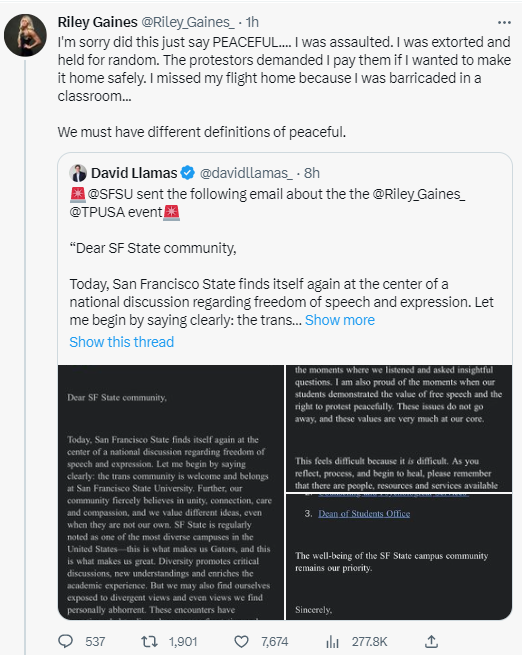Judging the Judging of Modern High School Debates
Why have real debates when the judges can prejudge the debaters on the basis of ideology or identity politics? James Fishback writes at The Free Press: "At High School Debates, Debate Is No Longer AllowedAt national tournaments, judges are making their stances clear: students who argue ‘capitalism can reduce poverty’ or ‘Israel has a right to defend itself’ will lose—no questions asked." An Excerpt:
"Once students have been exposed to enough of these partisan paradigms, they internalize that point of view and adjust their arguments going forward. That’s why you rarely see students present arguments in favor of capitalism, defending Israel, or challenging affirmative action. Most students choose not to fight this coercion. They see it as a necessary evil that’s required to win debates and secure the accolades, scholarships, and college acceptance letters that can come with winning."



